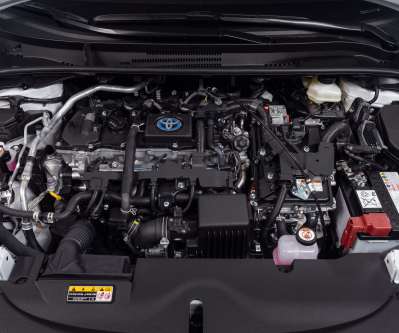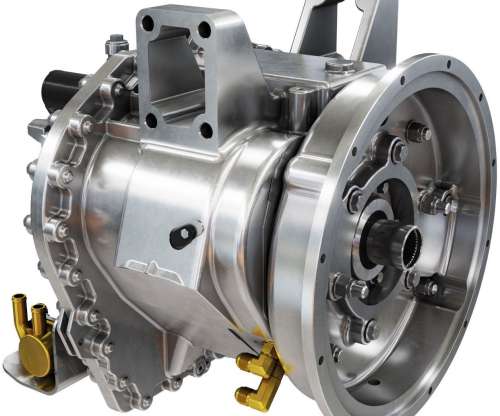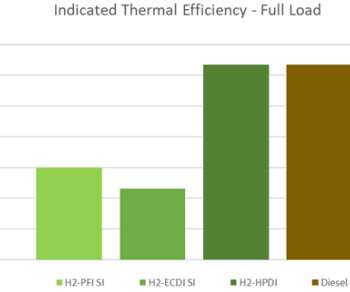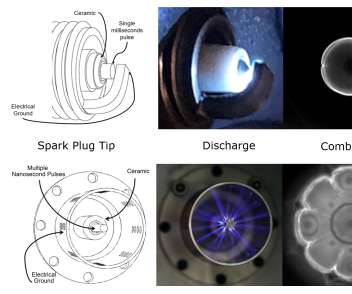BorgWarner Exhaust Heat Recovery System for hybrids can improve fuel economy by up to 8.5%
Green Car Congress
JULY 31, 2018
Developed for hybrid electric vehicles (HEVs) and plug-in hybrid electric vehicles (PHEVs), BorgWarner’s innovative Exhaust Heat Recovery System (EHRS) can improve fuel economy by up to 8.5% The EHRS reduces mechanical losses by using the energy conserved within the exhaust gas.











































Let's personalize your content